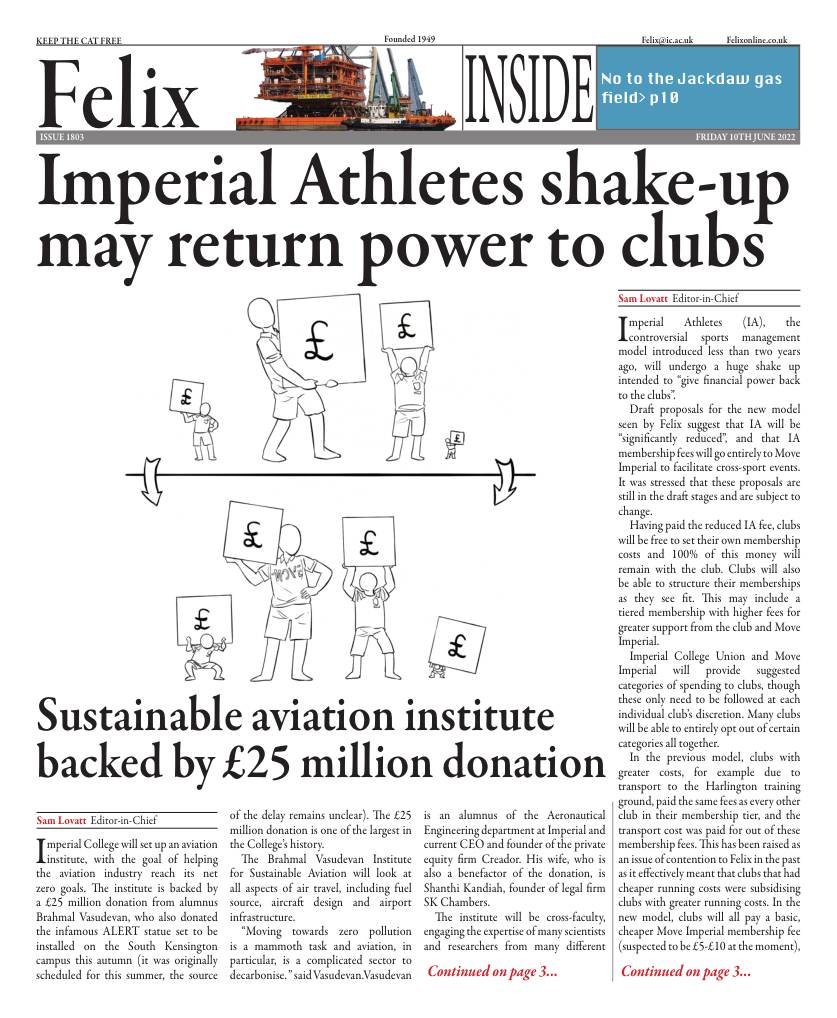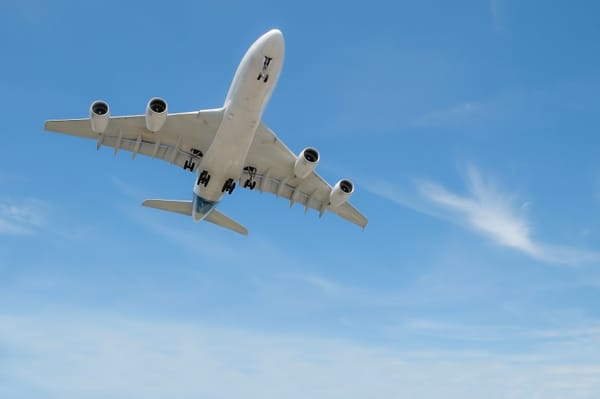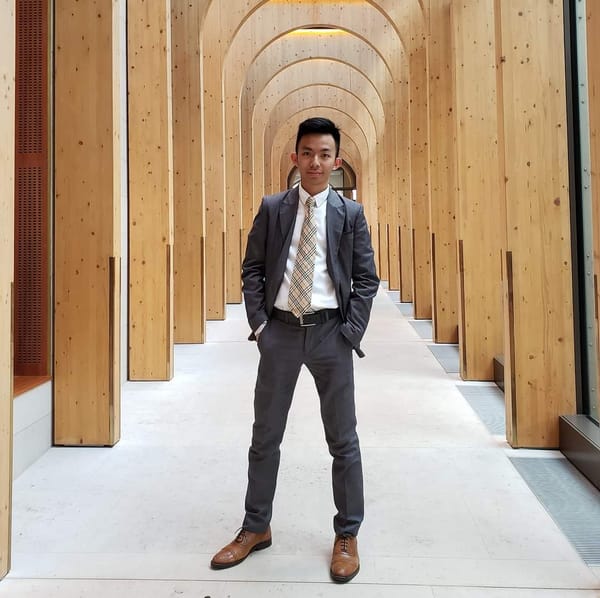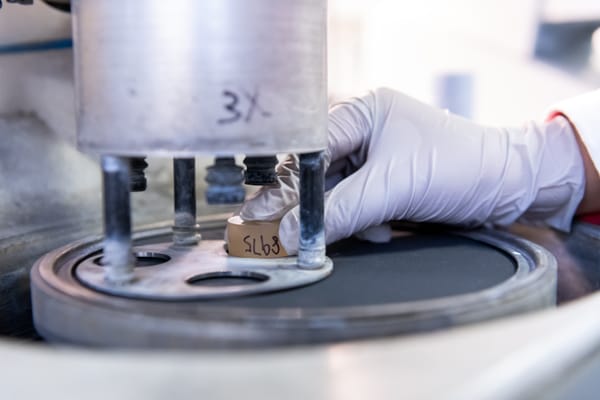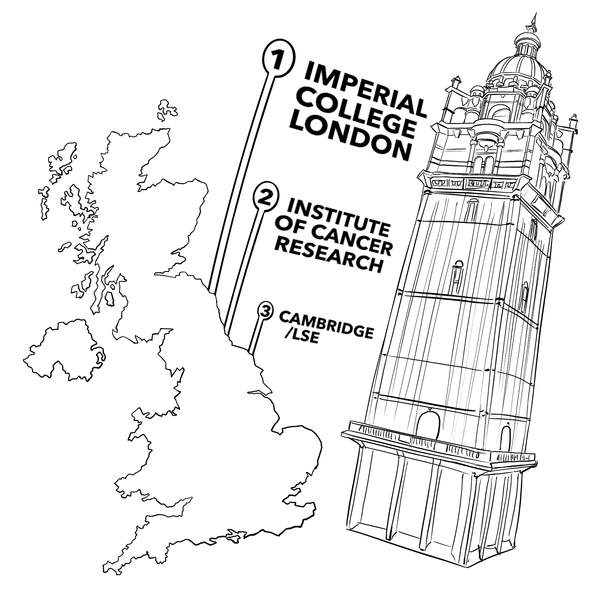Imperial Athletes shake-up may return power to clubs
Imperial Athletes will undergo a huge shake up intended to “give financial power back to the clubs”.
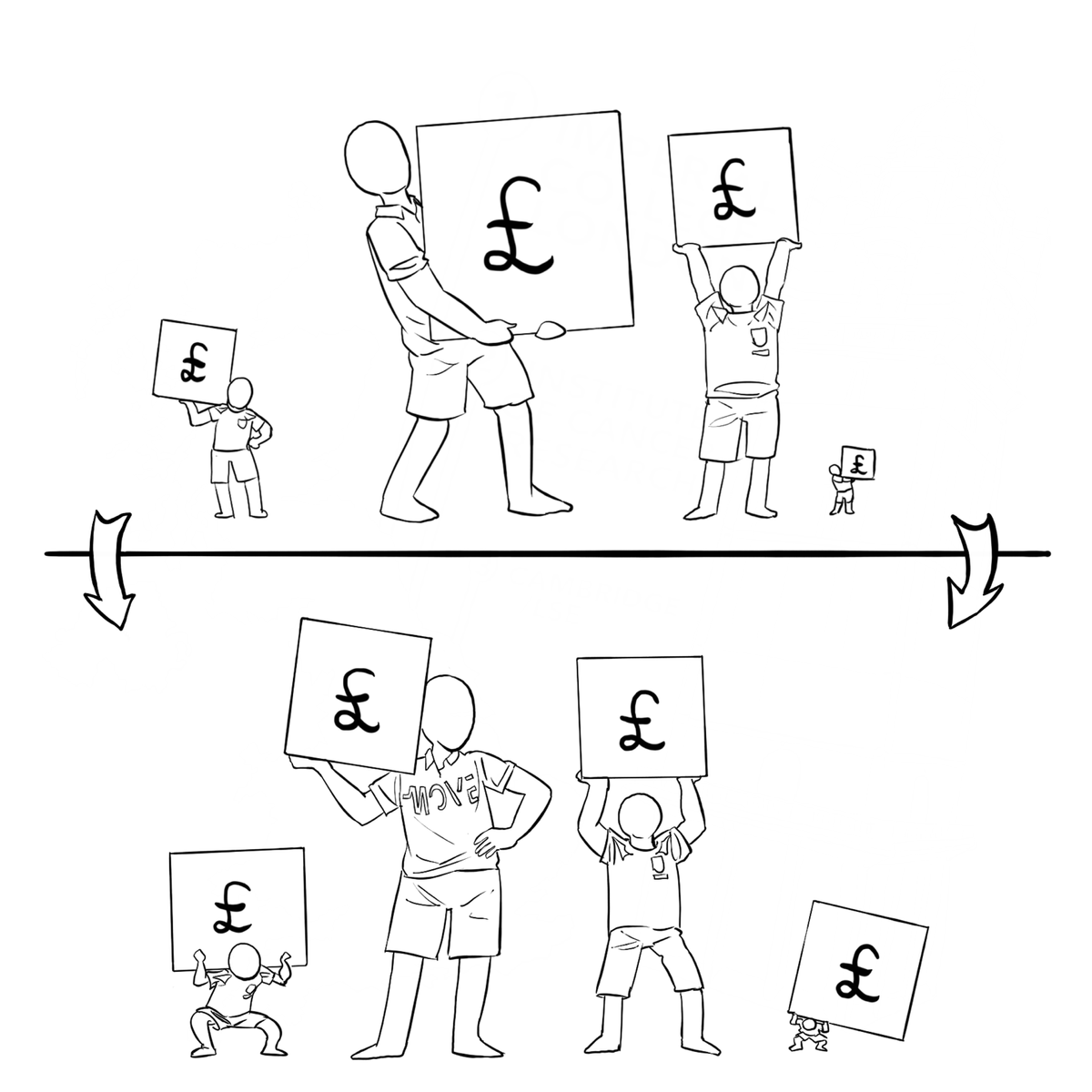
Imperial Athletes (IA), the controversial sports management model introduced less than two years ago, will undergo a huge shake up intended to “give financial power back to the clubs”.
Draft proposals for the new model seen by Felix suggest that IA will be “significantly reduced”, and that IA membership fees will go entirely to Move Imperial to facilitate cross-sport events. It was stressed that these proposals are still in the draft stages and are subject to change.
Having paid the reduced IA fee, clubs will be free to set their own membership costs and 100% of this money will remain with the club. Clubs will also be able to structure their memberships as they see fit. This may include a tiered membership with higher fees for greater support from the club and Move Imperial.
Imperial College Union and Move Imperial will provide suggested categories of spending to clubs, though these only need to be followed at each individual club’s discretion. Many clubs will be able to entirely opt out of certain categories all together.
In the previous model, clubs with greater costs, for example due to transport to the Harlington training ground, paid the same fees as every other club in their membership tier, and the transport cost was paid for out of these membership fees. This has been raised as an issue of contention to Felix in the past as it effectively meant that clubs that had cheaper running costs were subsidising clubs with greater running costs. In the new model, clubs will all pay a basic, cheaper Move Imperial membership fee (suspected to be £5-£10 at the moment), and then charge additional membership fees on top, according to the needs of their members.

The categories of spending suggested by Imperial College Union and Move Imperial fall into several sub-categories:
Category 1a is the cheapest option and consists solely of individual members paying for Move Imperial association. This covers affiliations, events and awards, meaning that the the individual has the ability to purchase tickets to sports awards, Varsity (if applicable) and other relevant events. Move Imperial will subsidise further events. Category 1b consists of payment for, and organisation of, coaches to the Harlington training ground. This will be paid by a club membership additional to standard IA membership, paid by individual club members to the Union, who in turn will transfer the money to Move Imperial to be managed.
Spending on top of this has previously sat within the remit of Move Imperial, who managed the money of sports clubs and allocated spending in areas such as kit acquisition as they saw fit. The new model will return this power to clubs, though the club can still allocate money to Move Imperial to manage certain things, should they choose to. Kit acquisition, training, travel and competition fees can be manager by Move Imperial, though purchases must be approved by the club and will be paid for using the club’s money, rather than a wider Move Imperial funding pot. These expenses can be paid for using SGI, grant and sponsorship funding.
The club will also be free to spend these forms of money as it wants. Events, training and kit purchasing can be organised through the CSP and management group, subject to spending approval through eActivities, as with non-sport CSPs. This gives clubs near complete autonomy over the prices they charge for membership, what members pay for on an individual basis and the generation and expenditure of self generated income.
Issues not addressed in the new model include problems in the acquisition of kit, which have been rife over the last two years according to multiple sport clubs.
A hockey team this year were delivered 15 sets of kit, the one less than the number in a team with no spares or kit for subs. This meant that players did not have their own individual kits and placed a large burden on the team captain, who had to personally wash every kit and bring them to each match.
India Marsden, DPCS, said of the changes “With the clear mandate set by Union Council to give students full autonomy running the clubs, we hope that this change to the model will realise this by giving the financial and managerial power back to the clubs”

